ENTRO’s approach to Gender Equality and Social Inclusion
As part of its commitment to advancing gender equality within the transboundary water context, ENTRO has provided support to address challenges women face at the institutional and program level to facilitate equitable and inclusive participation in transboundary water management processes associated with the programs it supports in sub-Saharan Africa.
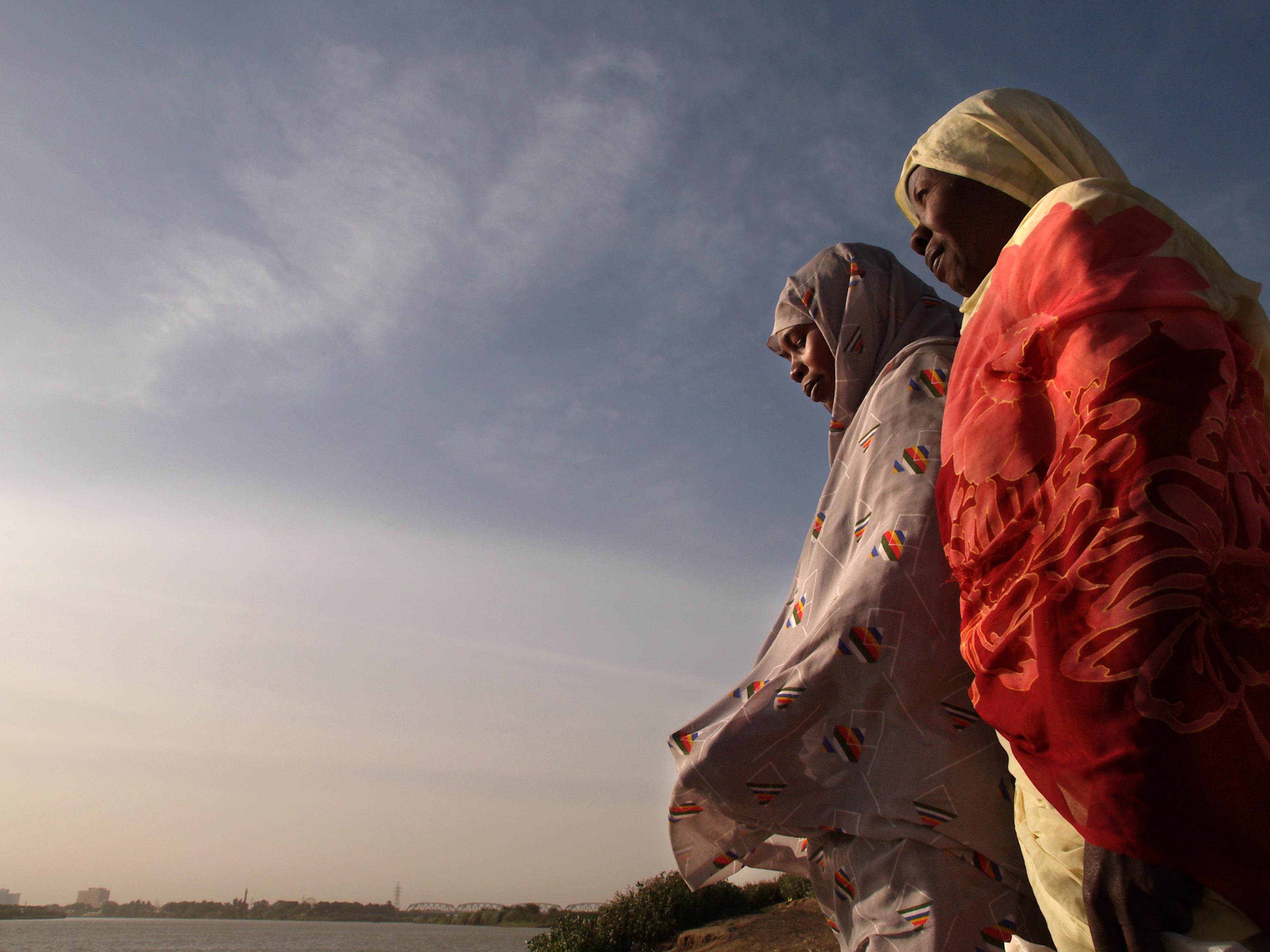
ENTRO believes that challenges women face within the water sector are linked to deep-rooted patriarchal norms and male domination which limit women’s voice and participation in decision making and program development and implementation.
In response to these challenges, ENTRO has developed a Framework that promotes a transformative approach that hinges on disrupting cultural traditions and social norms that prevent women from getting to a place to participate equally in decision making.
Women’s empowerment within a transformational framework presumes equality at all levels and sectors of influence and involves a shift in gender relations by targeting all stakeholders, some of whom may be resistant to changing social norms.
To do this ENTRO is seeking to facilitate sustained, multi-sectoral, and multi-layered interventions at both programmatic and activity levels.
This requires engaging key stakeholders across multiple sectors and layers of institutions and programs to find opportunities to transform power relationships and to tackle gender inequalities.
By promoting a holistic and integrated focus on women, men and other vulnerable populations, the Framework also seeks to ensure that ENTRO’s investments in transboundary water management result in project outcomes that benefit all women and men as well as girls and boys associated with the support that ENTRO provides.
The critical role that women play key in generating change in the way water is used, shared, and allocated is being increasingly acknowledged. Despite the key role they play at all levels ranging from the local to the transnational, there continue to be limitations in the space for women’s participation in planning and decision making that are linked to legal, regulatory and institutional frameworks. 
To address inequalities connected to the involvement of women within transboundary water management institutions and systems, actions need to be taken to facilitate opportunities for them to secure the same benefits and opportunities as men.
To facilitate equal access to water resources for all stakeholders, there is therefore a need to adopt an approach to water governance that is more inclusive and equitable.
To accelerate transformations that have the potential to deliver more sustainable resources for both people and for the natural world, a critical first step is to improve the recognition and appreciation of the key roles that women can play as leaders and decision-makers in the governance of shared waters.
It is equally important to identify the differences in needs and priorities between women and men while capturing how actions should be tailored to accommodate these differences, many of which are linked to deep-seated inequalities between women and men.
DEFINITIONS
Gender is: About women, girls, men and boys including the different things that women and men think and do, and the relationships between them.
Gender equality According to the Harvard Business Review, gender equality is:
a state of equal ease of access to resources and opportunities, irrespective of gender. It entails the absence of discrimination on the basis of a person's gender in opportunities, allocation of resources or benefits, or in the access to services. It is about changing the norms and expectations about female and male roles and ultimately changing power relations by fostering a more balanced distribution of power within governments, companies, formal and informal institutions and households.
Gender is NOT:
- Only about women and girls: Men and boys should also be part of the GESI equation.
- Only women’s responsibility: For real change to happen, everyone needs to be involved.
- A Western or foreign concept: Gender equality is a global commitment articulated in international, regional and national commitments to which most countries worldwide are signatories.
- An attempt to take away the rights of men and boys: Human rights are universal, which means that they apply to all human beings.
- Only an issue for gender specialists: Relying solely on gender specialists cannot tackle the main drivers of gender inequality and social exclusion. Everyone needs to be involved.
Male Champions for Women’s Empowerment
Assefa Gudina
Assefa has many years of experience working in the areas of water resources management, agriculture, and the environment. He is, currently, regional social and environment officer at the Eastern Nile Technical Regional Office (ENTRO).
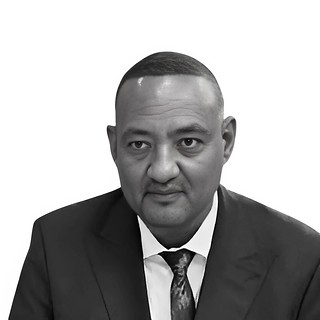
He is also serving as the gender focal point, where he contributes to awareness raising about gender policy and strategy related to the Nile Basin Initiative (NBI) for ENTRO staff and on ENTRO-organized events.
He has participated in the preparation of ENTRO’s Gender Action Plan as well as ensuring follow-up implementation of gender mainstreaming for the plan by different thematic areas. Assefa is highly committed to ensuring gender equality in the Eastern Nile countries through his ongoing engagement in the areas where he works and through mainstreaming gender equality during implementation of ENTRO activities.
“There is an issue with representation in the transboundary water sector. We are often missing important perspectives.”
Dereje Gebremichael
Dereje worked for Ethiopia's Ministry of Water and Energy, involved with water-related programs and projects, from 2012-2019. He also participated in many transboundary water-related trainings and events. He has been working as a senior grant acquisition and planning officer for the Ethiopian Orthodox Church Development and Inter-Church Aid Commission (EOC-DICAC) and as a member of the Act Alliance since January 2023.
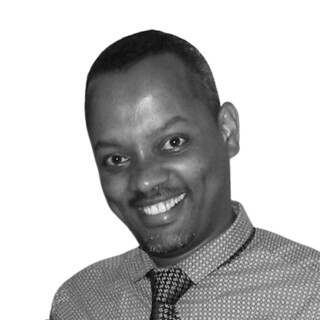 In his current role, he helps develop gender-sensitive corporate partnerships, planning, and M&E strategies for various humanitarian and development programs. Through the application of a transformative masculinity approach, he is actively engaged with the organization's Gender Unit to advance women's empowerment and gender justice. He has integrated gender issues into aspects of his professional development and made contributions to gender awareness including as a volunteer and committee member for the Women and Youth Affairs Department, participating in the production of the yearly gender bulletin, and developing and implementing gender-sensitive projects focused on managing and preventing gender-based violence.
In his current role, he helps develop gender-sensitive corporate partnerships, planning, and M&E strategies for various humanitarian and development programs. Through the application of a transformative masculinity approach, he is actively engaged with the organization's Gender Unit to advance women's empowerment and gender justice. He has integrated gender issues into aspects of his professional development and made contributions to gender awareness including as a volunteer and committee member for the Women and Youth Affairs Department, participating in the production of the yearly gender bulletin, and developing and implementing gender-sensitive projects focused on managing and preventing gender-based violence.
“The Male Champions Forum provides an enabling environment for more women as engineers and experts in the water sector and to get a better balance of perspectives.”
Tefera Arega Weldetensay
Tefera is a program officer in the Ethiopian Natural History Society. As part of the projects he develops, he takes steps to ensure the participation of women and girls. 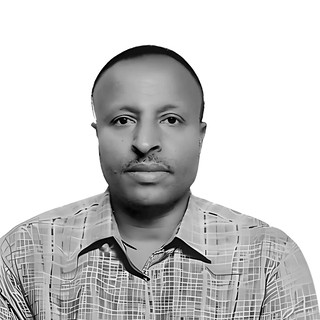 He previously worked for the Ministry of Water and Energy on the environment and climate change and on environmental and social impact assessments in Ethiopia. He has been an ongoing advocate of GESI. As a gender focal point at ENTRO, Tefera worked to encourage the participation of women. He believes it is important as men to work toward the improvement of policies that favor the equal participation of women.
He previously worked for the Ministry of Water and Energy on the environment and climate change and on environmental and social impact assessments in Ethiopia. He has been an ongoing advocate of GESI. As a gender focal point at ENTRO, Tefera worked to encourage the participation of women. He believes it is important as men to work toward the improvement of policies that favor the equal participation of women.
“I will strive again and again to uplift the benefit of women in the water sector.”
Daniel Asrat
Daniel Asrat has many years of professional experience in the areas of rural community development, environment, water resource management, and energy. He is currently working in the Ministry of Water and Energy as a monitoring and evaluation (M&E) consultant on the Ethiopian Electrification Program (ELEAP). 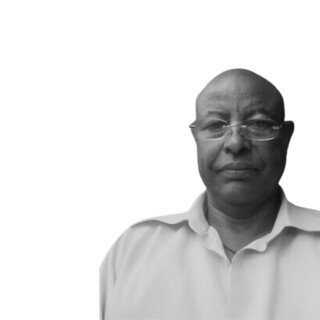
His work at ELEAP has included a focus on Gender Improvement and Citizen Engagement, including design of Disbursement Linked Indicators to minimize the gap between men and women employees. He has played a role in monitoring gender improvement, which has included ensuring that the indicators are gender sensitive. He has worked to ensure there is sex-disaggregated data in the database system, a gender-responsive M&E system, and gender-responsive capacity building. Daniel is committed to gender equality and has been working with the Women’s Affairs section of the Ministry responsible for facilitating gender mainstreaming into sectors and projects.
"As a Male Champion, I strive to advocate for gender equality in the water and energy sectors. I believe in the power of diversity and inclusion to drive positive change. My goal is to inspire others to join me in creating a more equitable and inclusive environment. Together, we can make a difference and build a better future for all."
Hirpo Gudeta
Hirpo is a water resource engineer who has been working with the Ministry of Water and Energy, Ethiopia, for more than 10 years. He obtained a Ph.D. from Africa Center of Excellence for Water Management, Addis Ababa University, and an MSc in Water Resource Engineering and Management from Hawassa University, Ethiopia. 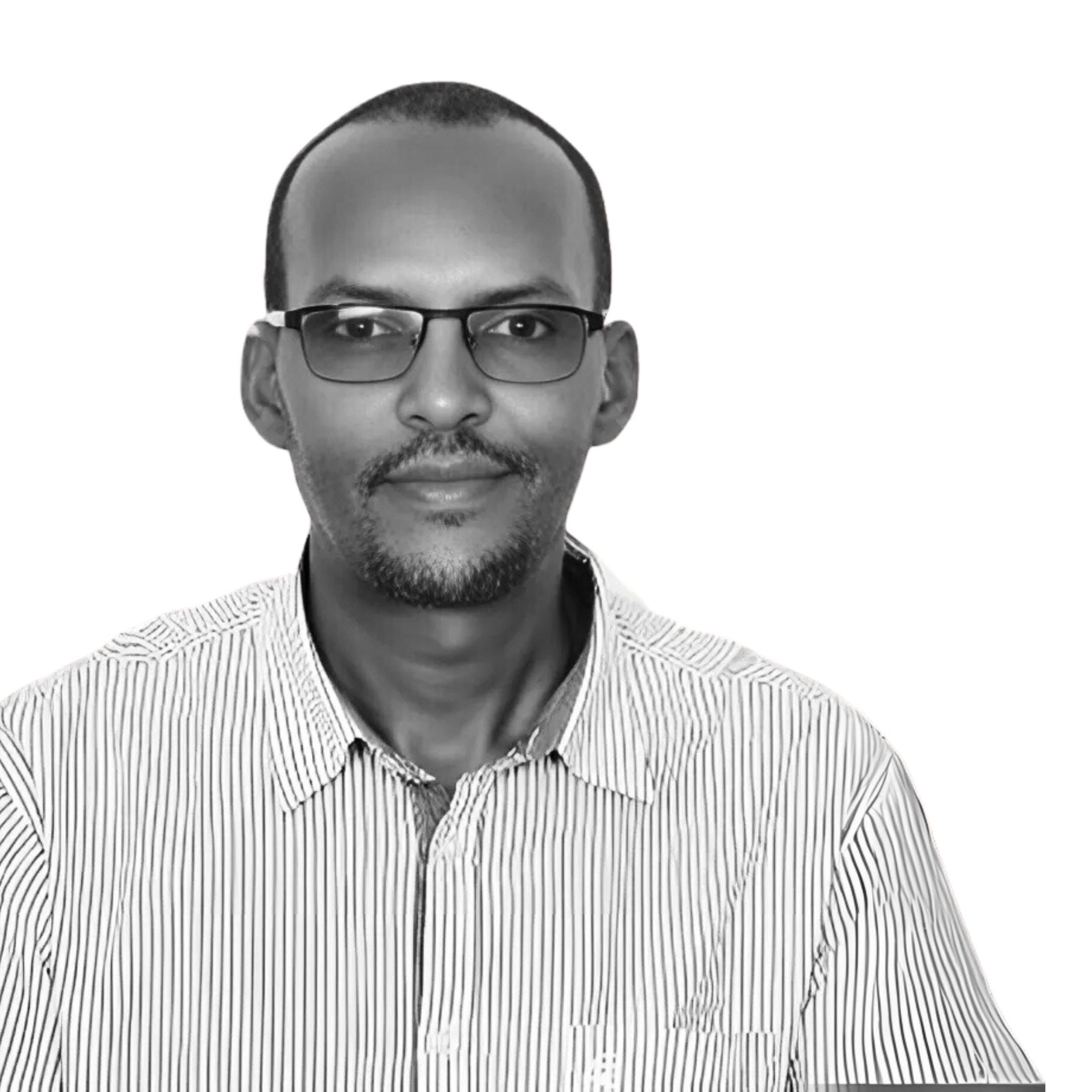
He serves as a senior water resource engineer in the boundary and transboundary river lead executive office, Ministry of Water and Energy, Ethiopia, currently providing hydrology and water resources management plan, design, and advisory services mainly in the Nile River Basin with overall responsibility for ensuring sustainability, efficient and equitable use, and protection of both at the national and regional level of transboundary river basins.
He has gained multiple experiences in river training and flood protection, developing strategic river basin plans, specifically flood and drought strategic plans.
He also served at the Basin High Council Secretariat office as a senior water resource manager.
As part of all those mandates discharged to him, he provided his knowledge and experience on river engineering and flood protection, strategic river basin planning, coordination, and advocacy, including gender transformation and women’s empowerment in the water resource engineering and management.
He is committed to playing a crucial role in transforming the transboundary water sector into a more inclusive and equitable space for women.
Want to become a Gender Champion?
You can be an Eastern Nile Gender Champion for Women's Empowerment by applying here:
https://forms.microsoft.com/r/7fiNhreYps
